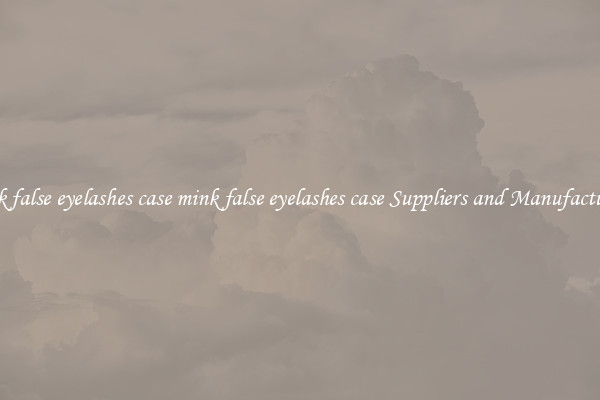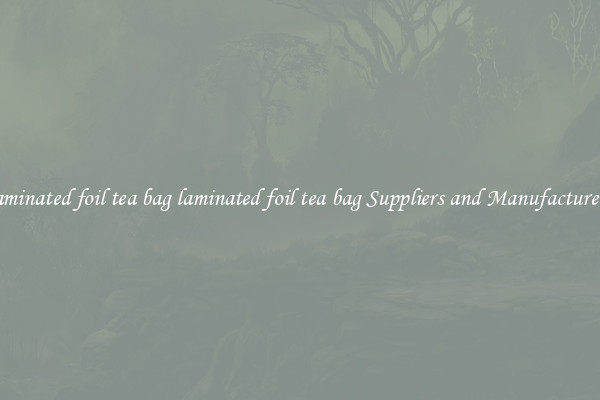mink false eyelashes case mink false eyelashes case Suppliers and Manufacturers
Mink false eyelashes have become increasingly popular in recent years for their natural look and durability. However, a recent case has shed light on the ethical concerns surrounding the production of mink false eyelashes.

The case involves a major mink false eyelashes supplier and manufacturer who has been accused of sourcing mink fur from farms where the animals are kept in inhumane conditions and subjected to cruel treatment. The supplier has denied these allegations, stating that they adhere to ethical sourcing practices and have strict guidelines in place to ensure the welfare of the animals.
However, animal rights activists have called for a boycott of mink false eyelashes and are urging consumers to opt for cruelty-free synthetic alternatives. The case has sparked a debate within the beauty industry about the ethics of using mink fur in cosmetics products.
Many consumers are now questioning the origins of the products they use and are demanding transparency from brands. With the rise of social media, information spreads quickly and companies are under pressure to be more accountable for their sourcing practices.
In response to the backlash, some mink false eyelashes suppliers and manufacturers have started offering synthetic alternatives that mimic the look of mink fur. These cruelty-free options are becoming increasingly popular among consumers who want to make more ethical choices when it comes to their beauty products.
As the demand for cruelty-free cosmetics continues to grow, it is likely that more mink false eyelashes suppliers and manufacturers will need to reevaluate their sourcing practices and offer more sustainable and ethical options to meet the changing demands of consumers.
In conclusion, the case of the mink false eyelashes supplier and manufacturer highlights the need for greater transparency and accountability in the beauty industry. Consumers have the power to drive change by supporting brands that prioritize ethical practices and by demanding cruelty-free alternatives. It is important for companies to listen to the concerns of their customers and to take responsibility for the impact of their products on animals and the environment.

View details

View details

View details

View details








